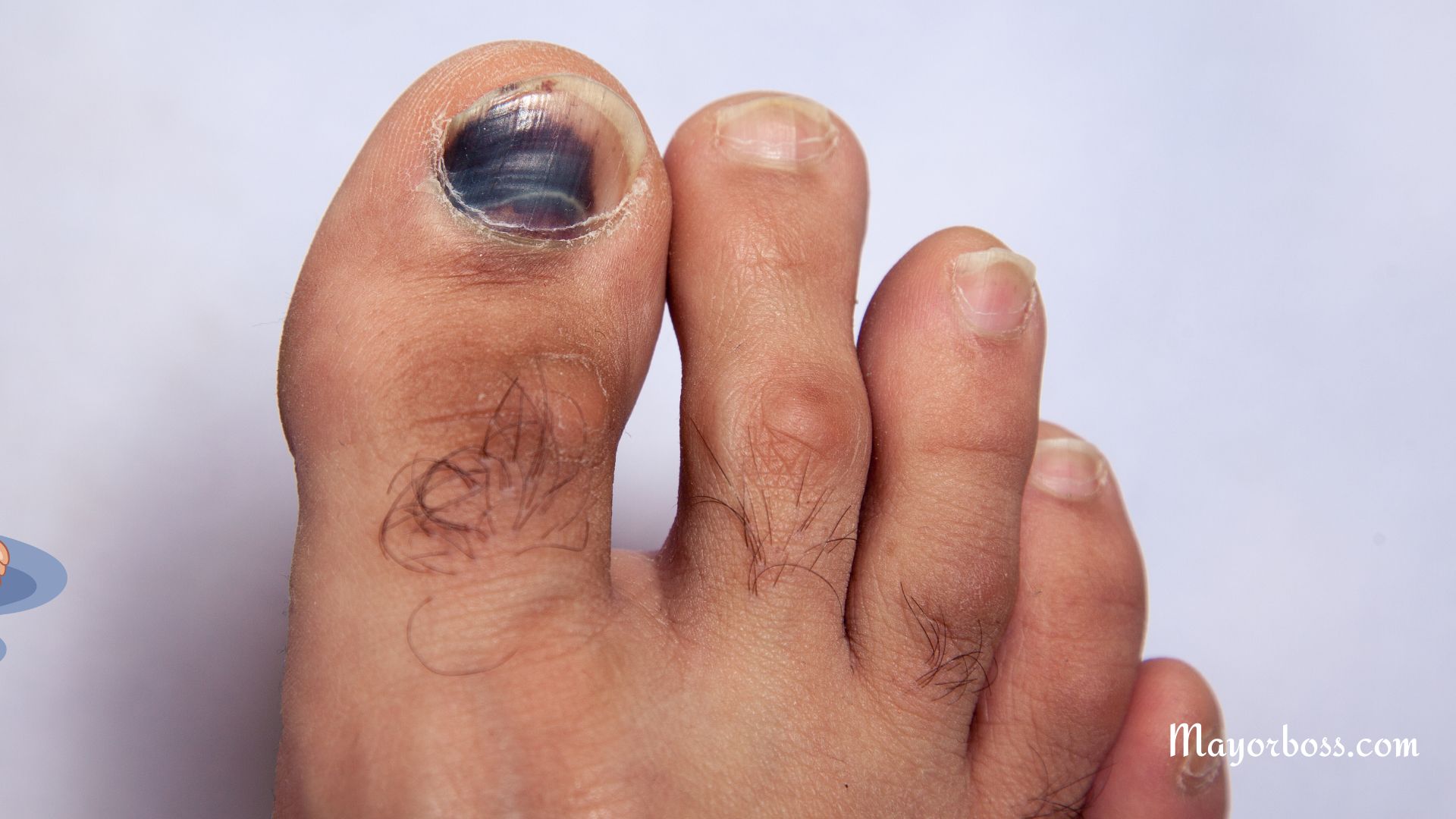Symptoms of Low Vitamin B9
Vitamin B9, also known as folate or folic acid, is an essential nutrient for our bodies. It plays a key role in the formation of red blood cells and helps with healthy cell growth and function. Because folate is a water-soluble vitamin, it cannot be stored in the body and needs to be obtained through diet.
Unfortunately, many people don’t get enough of this important vitamin in their diets, leading to a deficiency that can cause various symptoms.
Symptoms of Low Vitamin B9

One of the most common symptoms of low vitamin B9 is memory loss. People may find it difficult to concentrate and have trouble making decisions or judgments. Other signs include:
- lack of energy
- confusion
- heart palpitations
- gastrointestinal issues such as nausea, vomiting, abdominal pain
- weight loss
- gray hair
- diarrhea
- headaches and dizziness
- irritability
- extreme tiredness
- paleness
- shortness of breath
- a sore and red tongue (glossitis)
- mouth ulcers
- pins and needles (paraesthesia)
- changes in the way you walk and move
- a pale yellow tinge to your skin.
If left untreated, folate deficiency can lead to serious health complications like anemia. Anemia is caused by a decrease in red blood cells which can lead to fatigue, weakness, pale skin coloration, chest pain, cold hands and feet due to poor circulation, headache, or lightheadedness due to low blood pressure from decreased oxygen supply to the brain.
The good news is that there are ways to treat and prevent folate deficiency before it becomes a problem.
What foods are high in vitamin B9
- dark leafy greens (spinach, broccoli, brussels sprouts, asparagus, or kale)
- legumes (lentils or beans)
- bananas
- citrus fruits (oranges or grapefruits)
- fortified cereals
- nuts (almonds or peanuts)
- eggs
- beef liver
- whole grains (wheat germ or oatmeal)
Taking supplements can also help ensure you’re getting enough vitamin B9 each day. The recommended folate or folic acid dose for adults is 400 micrograms a day.
It’s important to talk with your doctor if you think you may be deficient in Vitamin B9 so they can do some tests to confirm it and recommend treatment options if necessary.
In some cases, they may suggest taking supplements. At the same time, they may recommend dietary changes such as increasing your intake of foods high in folate or adding fortified cereals into your diet.
The Final Word
If you’re experiencing any of the symptoms mentioned above, it’s best not to ignore them. But rather seek medical advice right away. So that any potential deficiencies can be addressed quickly before more serious health problems arise. Vitamin B9 is an essential nutrient for our bodies, so make sure you’re getting it each day enough!






